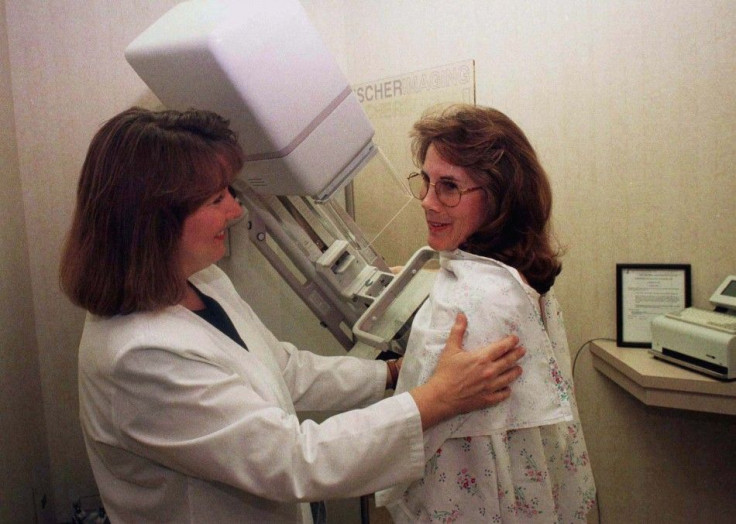FDA Revokes Avastin Approval for Breast Cancer Treatment

Following months of debate, the U.S. Food and Drug Administration announced on Friday that it has revoked its approval of the drug Avastin for breast cancer treatment after determining the medication is unsafe and does not provide a clear benefit to users grappling with that form of cancer.
In a statement, FDA Commissioner Dr. Margaret A. Hamburg said Avastin has not been proven to extend the lives of breast cancer patients or delay tumor growth. Moreover, Hamburg added the medication may expose those patients to potentially serious side effects such as high blood pressure, hemorrhaging and ovarian failure.
This was a difficult decision. [The] FDA recognizes how hard it is for patients and their families to cope with metastatic breast cancer and how great a need there is for more effective treatments. But patients must have confidence that the drugs they take are both safe and effective for their intended use, she said.
Avastin will still be remain on the market as an approved treatment for certain type of colon, lung, kidney and brain cancer, meaning some doctors could still prescribe it off-label for breast cancer.
The FDA has been considering revoking Avastin's approval for breast cancer treatment since June, when a federal advisory committee unanimously endorsed a proposal to rescind its approval. The committee ruled the drug did not improve the quality of life of breast cancer patients, based on studies that determined Avastin only delayed tumor progression for 1 to 3 months and did not prolong life.
The hearing was reportedly emotionally-charged, with several women testifying that Avastin was the only medication keeping them alive. Hamburg said she encouraged Genentech, the medication's sponsor, to conduct additional studies to determine whether there are certain subgroups of breast cancer patients that may benefit from the drug.
Some health insurance companies, including Blue Cross of California, have already stopped covering Avastin treatment for advanced breast cancer. The New York Times estimates the drug costs about $88,000 a year, meaning it will be unaffordable for many women without insurance coverage. However, Medicare, which is obligated to pay for the off-label use of cancer drugs, will continue to cover the drug.
In a statement, Genentech said it was disappointed with this outcome and plans to conduct another clinical trial in hopes of regaining FDA approval, the Times reports.
© Copyright IBTimes 2025. All rights reserved.





















